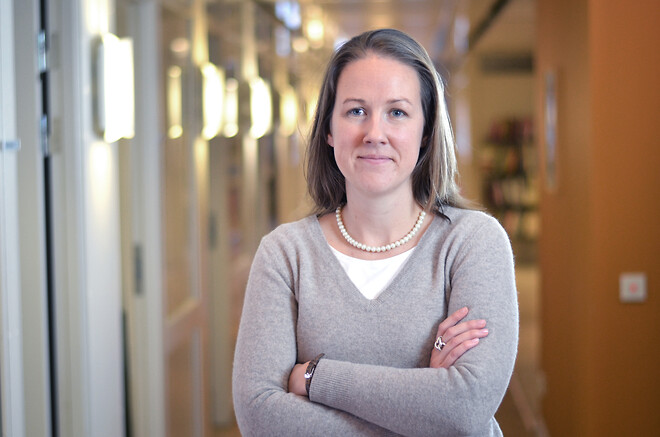Column: Why there cannot be a complete cure for cancer – but there is certainly another way!
Amid the pandemic in 2020 Kat Arney – experienced science writer, 12 years working at Cancer Research UK communications team – published the book “Rebel Cell” and set out to explain about the evolution of cancer.
One of her conclusions goes like this:
“Generally, I want to see us move forward from solely focusing on the reductionist view of targeted therapies for cancer – although they do have their place – and towards a more holistic view of treatment that is informed by the evolution and ecology of cancer within the wider system of the body.”
During the past 12 months the discussion or focus of screening has not been talked about let alone patients having the opportunity to see what is going on within their body.
The even more sad story is that patients who have been receiving treatment have not been able to access this as easily as they would have been before the pandemic and just must stay at home to stop the spread of the virus.
After we defeat the COVID-19 virus how many of us are going to be the unlucky ones that will in fact have found out that they have a cancer that has been growing and spreading?
Cancer has in fact been on the planet for millions of years and is a deep biological phenomenon. In fact, our bodies are full of damaged and mutated cells, yet virtually none of them will go on to be dangerous. And each cancer is also a patchwork of mutation, meaning that there will be cells in there that are resistant to treatment.
We have all been brought up to believe by media and charities that we need to find "The Cure", but to be honest this is quite impossible - there is no one cure for all cancers - and at the same time costs for treatment are skyrocketing.
Within my lifetime the treatments and drugs available mean that you may get to live extra weeks, months or maybe years but in the long term with people living longer and after the age of 60 your chances of getting cancer significantly increase. How are our healthcare systems going to pay for this unless you have enough to pay for this privately?
People have moved away from chemotherapy and radiotherapy to more minimally invasive treatments and drugs. People are now living cancer free for years before their cancer comes back and then they must start the whole process again.
But is there a new way we need to be thinking about how to prevent cancer by looking at our tissue health and what our inflammatory markers are telling us along with the impact our environment is having, including chronic stress that changes our tissues?
Joel Brown and Bob Gatenby are two evolutionary biologist who have written a paper about the possibilities of extinction strategies from cancer. There could be a possibility of reducing a tumour to a healthy amount and then using medication that you know will keep it at a normal level without having to have any other side effects that could make the situation even worse.
Still, prevention and early detection is the smartest approach for beating cancer. The best health advice is always to go to the doctor to get checked out when something doesn't seem right - either for reassurance and a clean bill of health or to spot cancer and treat it as soon as possible, pandemic or not.
You can find out more about Kats book at this address. Rebel Cell: Cancer, Evolution and the Science of Life - Kat Arney (rebelcellbook.com)
Artikeln är en del av vårt tema om News in English.
